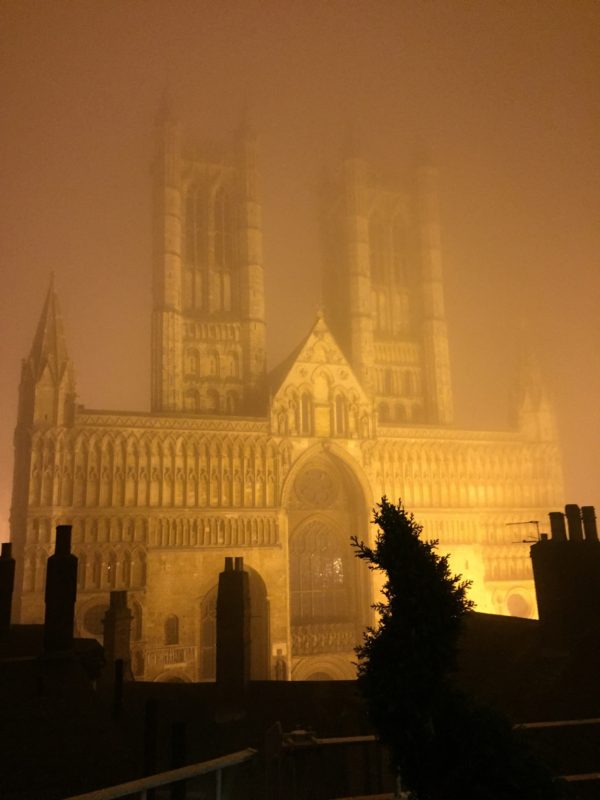Throne And Altar
As we look toward how this civilization has failed, the inevitable question arises of whether or not we can reverse the decline and avoid it again. The civilization that can find a path around this pitfall, which destroys most advanced civilizations, will inherit the future of humanity.
To reverse our decline, we must understand at least somewhat how it came about, and what sort of civilization design or structure will avoid or at least strongly resist this type of entropy. Many suggest the pithy phrase “throne and altar” to refer to a society ruled by aristocrats and administrated by kings.
This proves to be a poor idea however for a simple reason: it divides power. Kings function well when they have unlimited power and are not constrained by precedent, but are instead informed in tradition, because this enables them to uphold the principles of tradition without having to repeat the methods approved of by convention.
In addition, having greater wisdom than most, kings tend to be well-informed of the existence of the metaphysical, partially from having brains designed by nature to separate human patterns from ones found in non-human nature, and through that, to determine both what is real and what is excellent for humans among that set of options.
What a healthy society needs is a king who understands religion, not a priest playing the role of king, because while religion reflects an actuality understood at a personal level, making religion into an organized entity requires having leaders, and if those compete with the kings for power, it creates the same instability that fractured European societies in the past. Instead it makes sense to have a king with religious leanings informed by a matrix of aristocrats who support him and provide internal criticism, also being fully educated in the religion of the land.
This will not be a popular view. People want solutions that, like the designs of our democratic time, involve a balance of powers. They fear what happens when a king has unlimited power. But by doing so, they hamper power, and by making it ambiguous, create a contest for it in which we fight each other instead of focusing on cooperation.
Tags: aristocracy, divided power, religion, throne and altar










